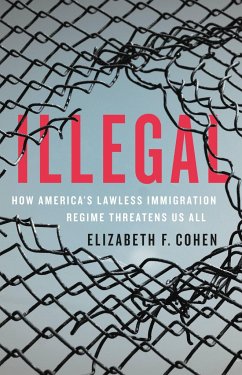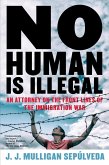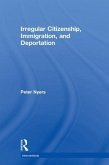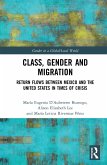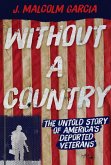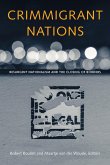"In Illegal, prominent political scientist Elizabeth Cohen explores the dark history of US immigration policy and proposes a major new plan for full-scale reform. As Cohen shows, the US has always maintained the right to exclude people from entry-from those deemed to have seditious intent to a broad category of "undesirables," which has at times included epileptics, prostitutes, beggars, and anarchists. Cohen traces the particular invention of "illegal" immigration to 1882, when the Chinese Exclusion Act was enacted to suppress immigration by "undesirable" peoples of the world. Later, through the 1924 National Origins Quota Act, Congress massively expanded the scope of racial immigrant exclusions. However, as Cohen points out, the Registry Act of 1929 quietly provided a way for people who had come to the US without legal status to eventually become legal and to naturalize. In subsequent decades, Congress began to distinguish legal from illegal immigration by mapping out the first roads to citizenry. Yet when the registry system was eventually undone in 1986 with the introduction of selective "amnesty" for documented immigrants, the problem of "the undocumented" snowballed into a legal and economic disaster. Employers kept hiring undocumented workers, incentivizing immigration, but a lack of papers could place migrant families in legal limbo. Thus, by 1996, we had a citizenship crisis -- one exacerbated when terrorism became linked with unlawful immigration, manufactured by a Congress that had allowed its citizenship -- related functions to atrophy"--

